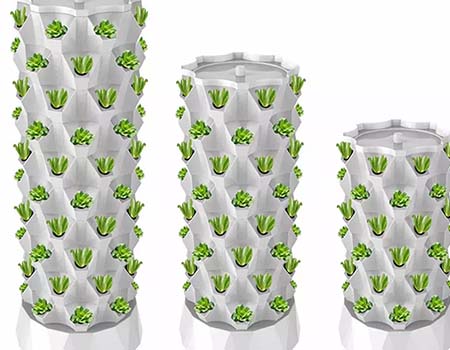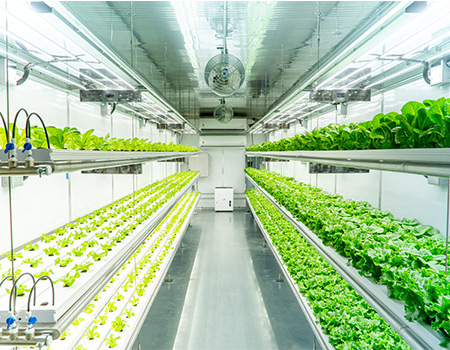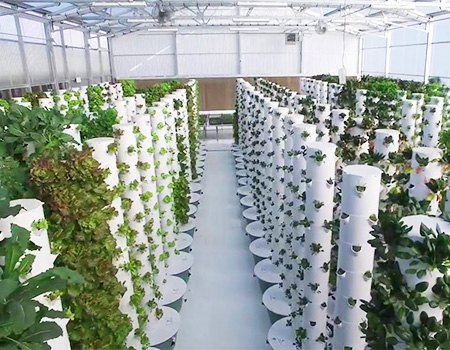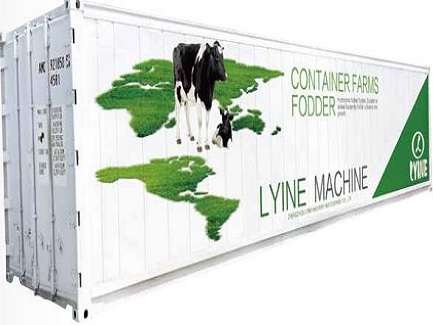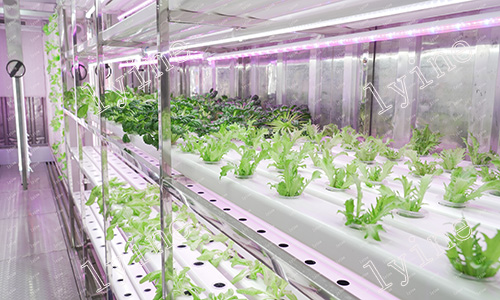Sprout sprouts, also known as golden vegetables, are a type of sprout cultivated from grains, beans, and other seeds that can be consumed. As a nutritious, high-quality, and pollution-free green vegetable, they are increasingly favored by modern people. Using soilless cultivation to plant sprouts, also known as hydroponic sprouts, can be harvested in just seven days.
Hydroponics is a planting method that does not require soil, but rather immerses plant roots in water to provide the nutrients needed by the plants through the nutrients in the water. The hydroponic planting method is simple and feasible, suitable for beginners and family planting enthusiasts. Let's take a look at the specific steps of using Microgreen to plant sprouts.

Microgreen System hydroponic sprouts can be roughly divided into four steps: first, selecting seeds, second, soaking seeds to promote germination, third, sowing on a tray, and fourth, managing sprouts.
1. Select the seed. Be sure to choose seeds with full particles, no wormholes or debris, as these seeds have the highest germination rate. Additionally, because high temperature conditions can inhibit seed germination, it is important to choose seeds that have been stored at low temperatures or have not been through summer.
2. Soaking seeds to induce germination. The surface of the seeds is covered with a layer of wax, which has the purpose of protecting the seeds. The purpose of artificial planting is to increase yield, so it is necessary to remove the wax. After mixing fine sand and seeds in a ratio of 3:1, add an appropriate amount of water, gently rub and filter, and remove floating seeds. Then immerse the seeds in warm water at around 35 degrees Celsius. The larger the seeds, the longer the soaking time, between 10 and 24 hours. Wait for the white embryos inside the seeds to swell before removing and controlling the water. It is recommended to change the warm water every 5 to 6 hours during the soaking process.
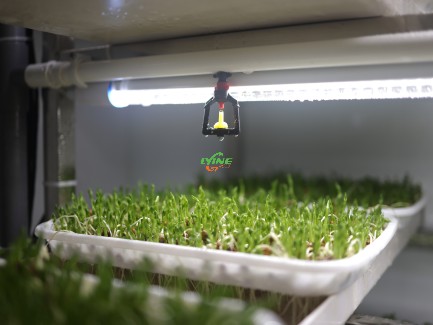
3. Seedling tray sowing. Clean and disinfect the seed tray, lay clean paper that can absorb water on the bottom of the seedling tray, and allow the paper to absorb sufficient water, avoiding water accumulation. Spread the seeds evenly on the culture medium, be careful not to plant them densely, and leave a certain gap between the seeds. Subsequently, cover with black plastic film and incubate in an environment of 20 to 25 degrees Celsius. When the seedlings grow to a height of about 2 centimeters, they can receive sunlight at this temperature. Artificial lighting is best for visible light, and if conditions permit, sunlight can be used.
4. Seedling management. The seed of each plant has a different demand for sunlight. For example, radish sprouts require strong light, while pea sprouts require adaptive lighting. If the intensity of light is too high, it will cause sprouts to grow too vigorously, and the cellulose of the plant will develop quickly and early, resulting in a decrease in the taste of sprouts. If the sunlight is insufficient, it can cause sprouts to rot and suffer from malnutrition. In addition, it is necessary to add appropriate water and nutrient solution to the sprout dish. Water can be sprayed approximately every two days, and nutrient solution can be sprayed every four or five days while keeping it moist. It is also necessary to maintain ventilation in the cultivation environment.

Those who want to grow sprouts can learn! In addition to the Microgreen System, there are also sprout machines that can be used to grow sprouts and vegetables. The Microgreen System is suitable for, but not limited to, pre germination of bean sprouts such as soybeans, black beans, peas, and various small leafy vegetables such as sunflowers, water spinach, coriander, and rapeseed. It can also be used for hydroponic fodder such as wheat, barley, and corn.




